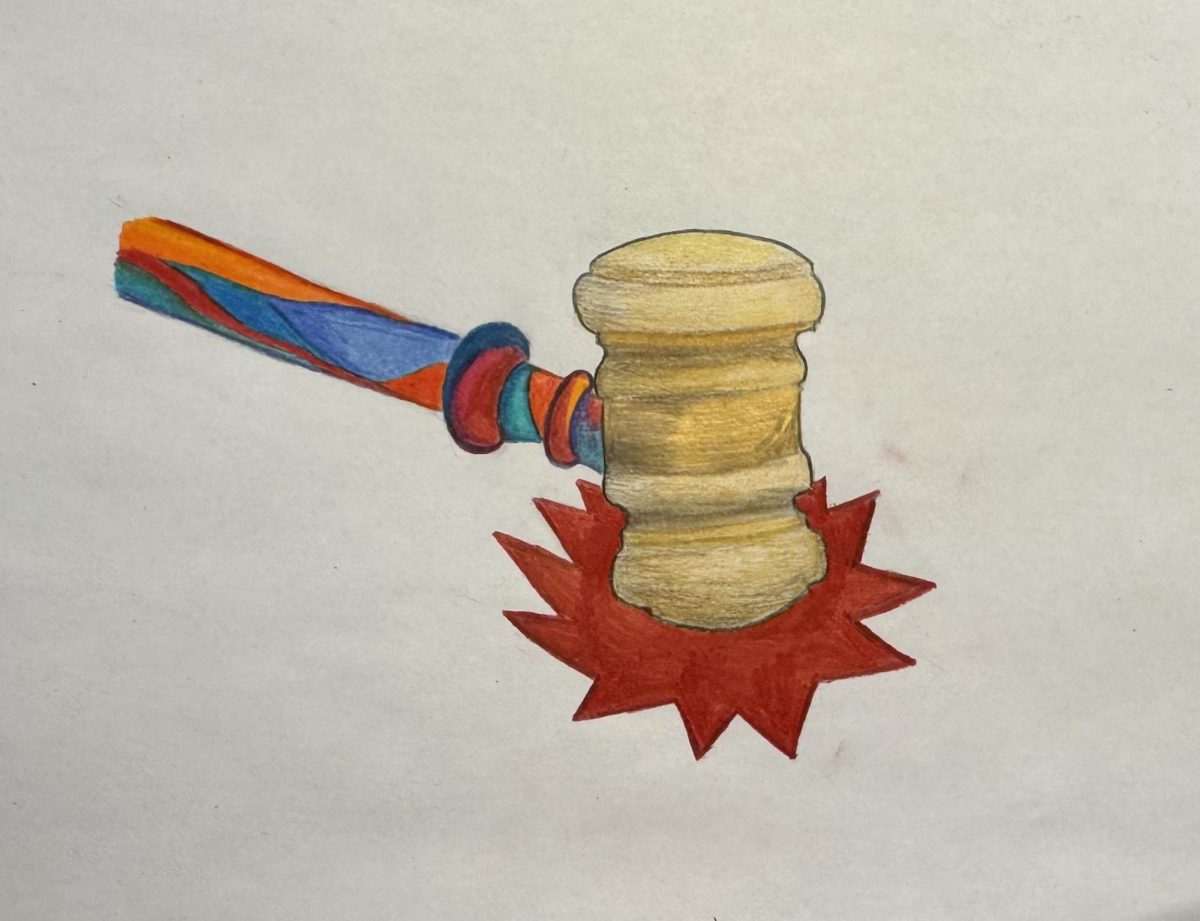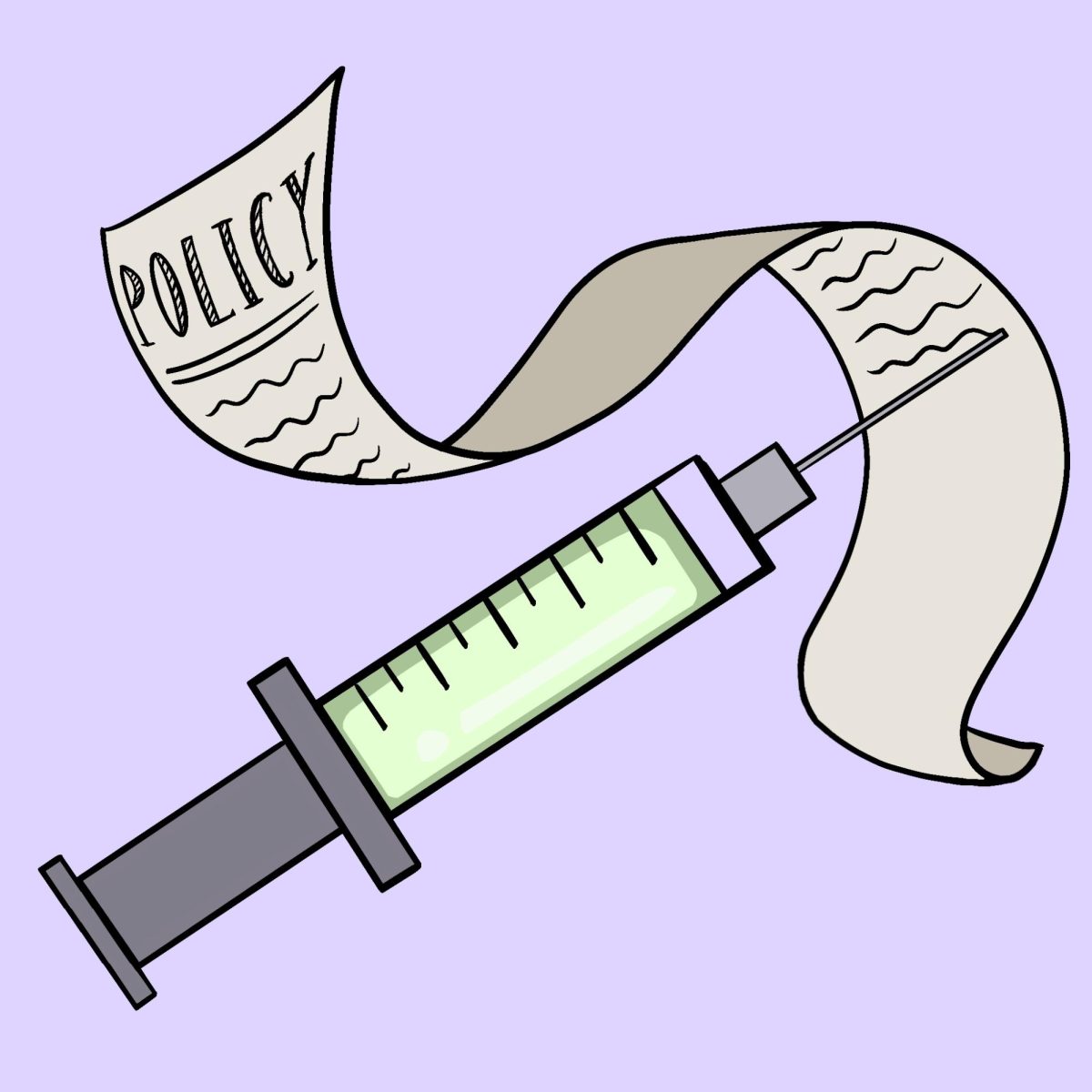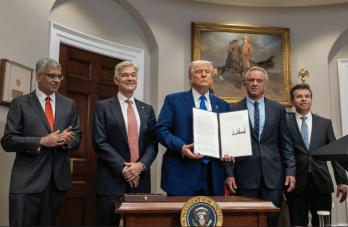Since the beginning of the year, the Supreme Court has heard arguments through written briefs and oral arguments. Ultimately, on July 1st, the Supreme Court ruled that Trump has presumptive immunity for official actions taken while in office in a 6-3 vote. However, the ruling does not give presidents absolute power to take action on a whim without fear of prosecution.
In the majority opinion, Chief Justice John Roberts characterized three categories for actions taken in office: official acts, official actions, and unofficial actions. Official acts are defined as acts taken through means entitled to a president by the Constitution, to which presidents have absolute immunity. Official actions are defined as all of the other measures taken as president within the realm of his duties, to which the court determined “presumptive immunity.” Presidents do not have immunity from unofficial actions.
Another major discussion point was over whether official acts can be used as evidence in cases, to which a majority said no. Courts are also not allowed to look into possible motives for presidential actions.
The ruling has immediate implications. U.S. District Judge Tanya Chutkan will decide how Trump’s 2020 election subversion case will continue on September 5th, and, about two weeks later, acting justice of the New York State Supreme Court Juan Merchan will decide whether the hush money trial sentence will be upheld. Additionally, a lower court must decide which specific actions Trump took in office would fit into the parameters of “official acts,” and therefore what can be used as evidence, furthering delays for the trials. Trump’s other trials also face delays, making it unlikely that any trials will take place before Election Day. For Trump’s classified documents case, the district judge in Florida dismissed the case on the grounds that Special Council Jack Smith was unconstitutionally appointed. Although appealed, the decision will delay the case for months. Additionally, Trump’s Georgia subversion case was delayed because of allegations of District Attorney Fani Willis’ former relationship with Nathan Wade, one of the top prosecutors on the case. Discussions are scheduled to take place in December. A Trump presidential win would likely end all cases. Even if he does lose, the new ruling places significant restrictions on the evidence that can be used and the actions that can be prosecuted.
The cases have taken a new turn following the ruling, now indicting Trump with a narrower set of accusations and taking the perspective of Trump as a candidate, not a president, for the January 6th case. Revising wording to follow the narrow ruling by the Supreme Court could make it possible to indict Trump, although that will still take time.
The ruling does seem like a significant shift from the original intent of the Founding Fathers, who aimed to create a government based on the rule of law under which a tyrannical leader would be impossible. However, with more and more power being centralized in the office of the president and recommendations to consolidate power in the conservative Project 2025, the fears of the Founding Fathers may be realized.
Trump v. United States was the first of its kind to come up to the highest court, and it remains to be seen how impactful this new precedent will be on future administrations.
This article also appears in our September 2024 edition.








